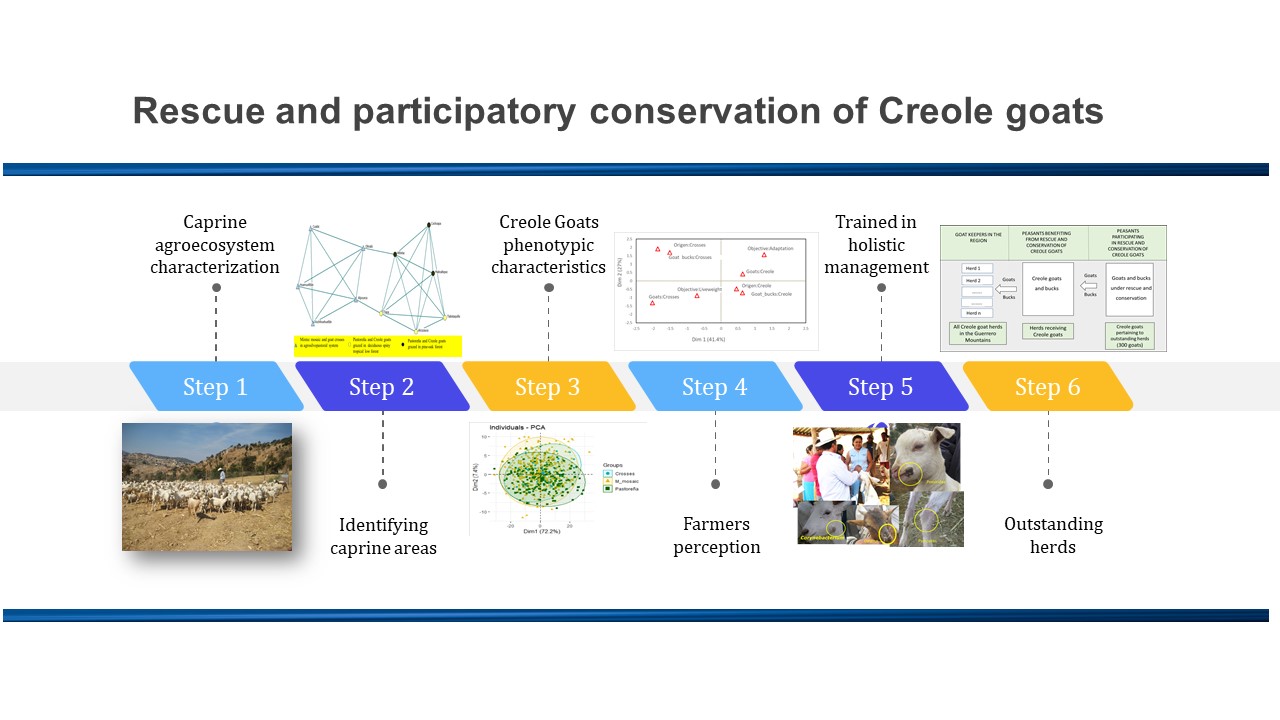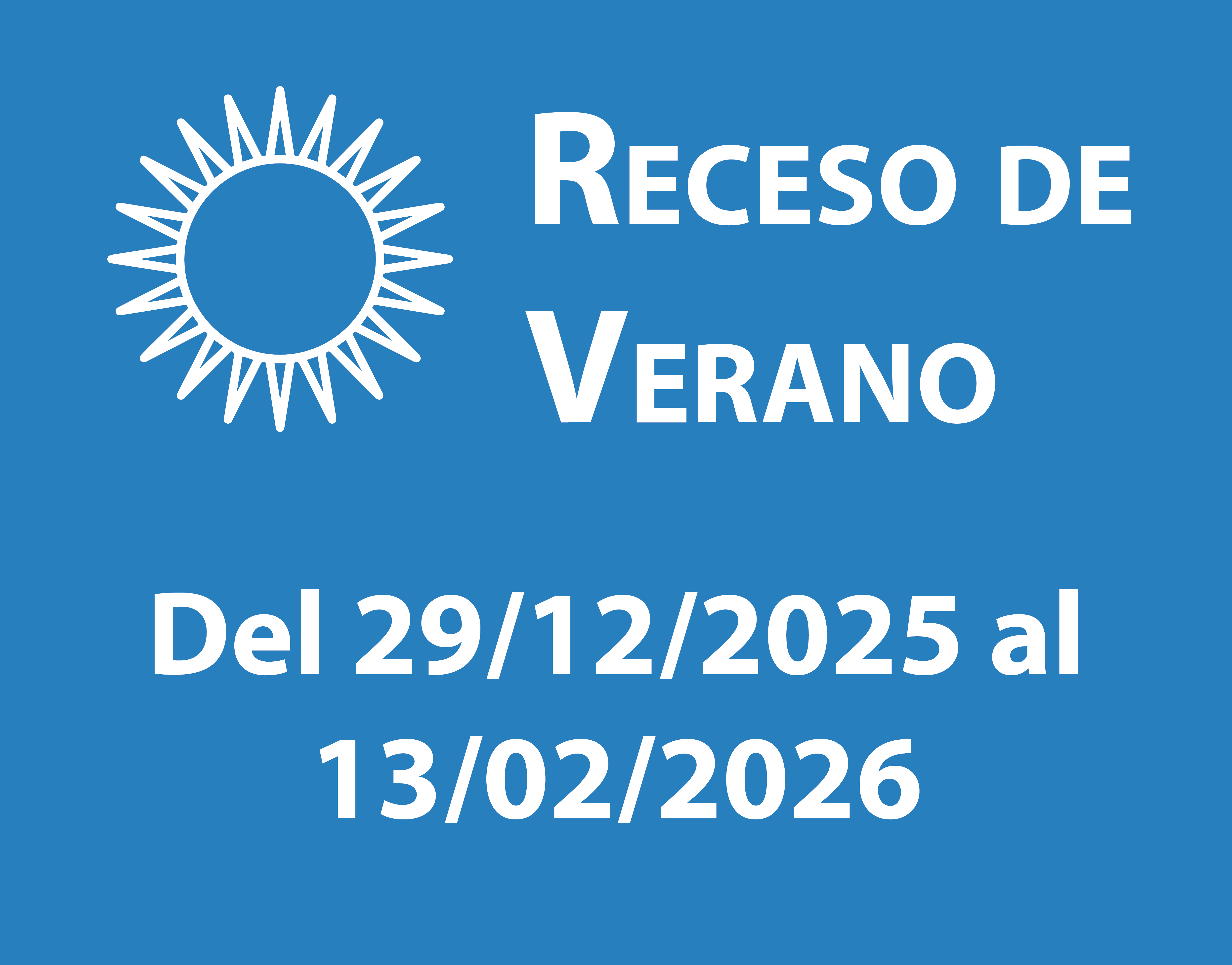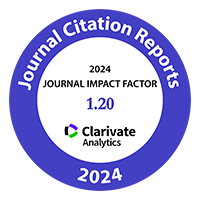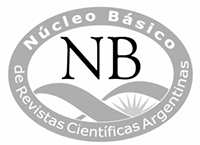Rescue and participatory conservation of Creole goats in the agro-silvopastoral systems of the Mountains of Guerrero, Mexico
DOI:
https://doi.org/10.48162/rev.39.074Palabras clave:
Cabra pastoreña, cabra criolla, mosaico mixteco, rebaño sobresaliente, zonas caprinasResumen

The objective was to implement a participatory process involving rescue and conservation of Creole goats in agro-silvopastoral systems, as a development strategy for the indigenous and marginalized region of the Mountains of Guerrero (MG), Mexico. The study focused on the caprine agroecosystem, documenting aspects of goat development and identifying caprine areas in 13 municipalities, zoometrically characterizing 680 goats. One hundred and ten goat producers were interviewed for evaluating farmer perception of goat production. Fifty-seven producers were trained in holistic management, and four producers raised 300 goats in outstanding herds. Data were analyzed using social networks, principal component analysis and correspondence analysis. Two goat agroecosystems were identified: 1) agro-silvopastoralism, with crossbreeding of goat populations and, 2) traditional systems, involving grazing of Creole goats on native vegetation. We identified three types of goats: 1) Mixteco mosaic (61%), 2), Pastoreña (31.8%), and 3) Crossbreeds (7.2%), based on bicoastal diameter, chest depth, body length, thoracic perimeter, height at withers, shoulder point width and liveweight. Smallholder goat farmers in the MG preferred Creole goats for their greater productivity and better environmental adaptation.
Highlights:
- Farmer-participatory programs to rescue and conserve the Creole goat breed.
- Goats agro-silvopastoral systems with low resource smallholders.
- Sustainable utilization of Creole goats.
- Goat production systems in the Mexican Mountains.
Descargas

Descargas
Publicado
Cómo citar
Número
Sección
Licencia
Derechos de autor 2018 Revista de la Facultad de Ciencias Agrarias UNCuyo

Esta obra está bajo una licencia internacional Creative Commons Reconocimiento-NoComercial-CompartirIgual 3.0.
Aquellos autores/as que tengan publicaciones con esta revista, aceptan las Políticas Editoriales.











.jpg)




